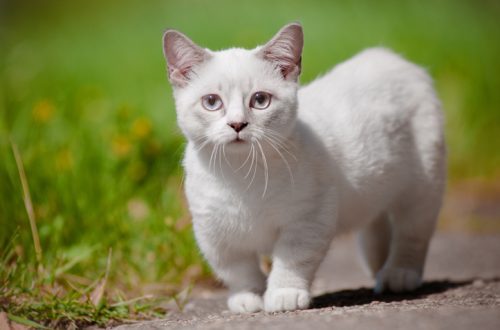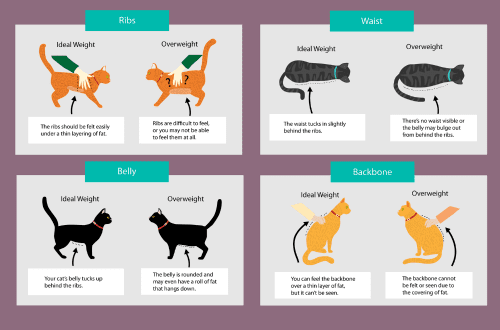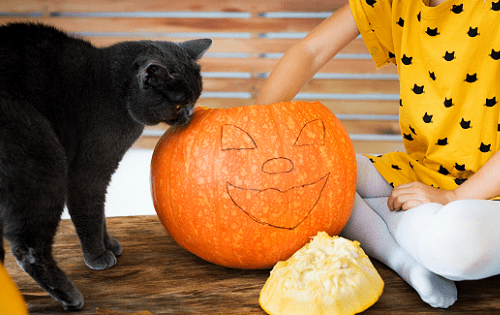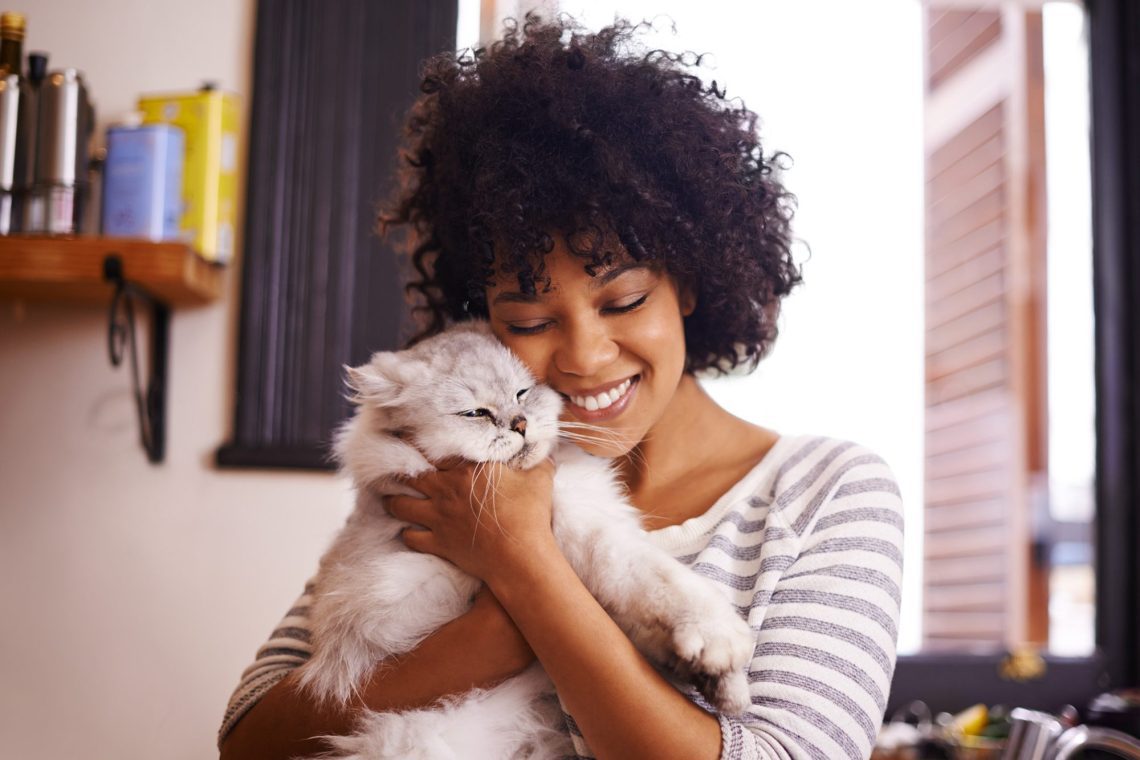
Nchiyani chimatsimikizira chikondi cha mphaka kwa mwiniwake?
Many owners have no doubt that cats love them. But is a cat’s love for a person natural for her, innate, or is it a “fruit of education”? Spoiler: both.
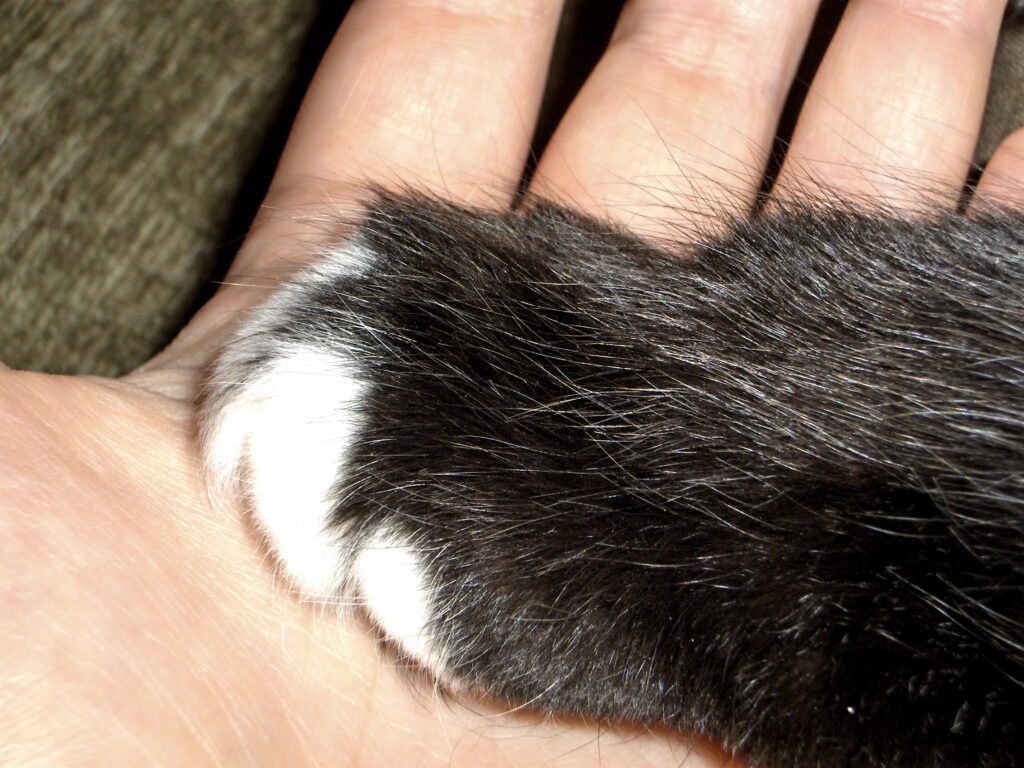
Dr. Shannon Stanek, DVM, says that, as with humans, a cat’s love for a person (and the degree to which it is expressed) depends on the cat’s personality, as well as on its previous experience.
Moreover, according to this specialist, innate characteristics and experience are equally important. And the most important are the first months of life. Cats that have grown up in close contact with humans tend to be more affectionate and affectionate. Accordingly, stray kittens are more wild, as they did not have a positive experience of communicating with people. However, the kind attitude of the owner, who took the kitten from the street, can to some extent smooth the situation, and the pet will learn to enjoy communicating with a person.
Cat behaviorist Mieshelle Nagelschneider believes that a cat’s degree of love for humans is influenced by many factors. And even a cat with a very unfavorable past can become the most loving and affectionate pet in the world. And a cat raised in ideal conditions can be unloved and irritable.
Zamkatimu
What factors influence a cat’s love for its owner?
- Early handling (no, this is not about exhibitions). Of great importance is the early socialization of the kitten, which ends at the age of 7 weeks. It is important that the breeder provides the baby with a positive experience of interacting with a person and teaches them the right games.
- Efforts to win the cat’s trust. It is necessary to respect the personal space of the cat and its right to privacy.
- Creating positive associations. If the cat understands that your presence is associated with good things, that you treat him with care, treat him with delicious treats, play, it helps to establish a relationship that will survive both visits to the veterinarian and unpleasant procedures like brushing or washing. It’s even more important to never force a cat to interact if it doesn’t want to.
- Attention to the well-being of the cat. If your cat’s behavior suddenly changes, such as avoiding contact, not being picked up, or becoming aggressive, it may be due to poor health. In this case, you should first contact your veterinarian.
Can a cat become more affectionate with time?
Mieshelle Nagelschneider, who has been advising owners of these animals for 20 years, is convinced that the cat can change. If you give your pet time and patience, you will see a significant improvement in the attitude of the pet towards you. Even if your cat is a former stray.
There is always room for improvement in your relationship with your cat. Moreover, it should be borne in mind that these animals show their love in different ways. One cat will demonstrate it by resting next to you, while the other will bring you a ball for you to throw. And if the cat feels comfortable and safe around you, she will definitely show her good attitude.
Does the attitude towards the owner depend on the breed of the cat?
Genetics largely determines the personality of a cat, so representatives of different breeds have different characters. It is believed that the most friendly and loving cats are Burmese and Ragdoll.
However, you can not throw overboard and the life experience of a cat, because a lot also depends on it. For example, stray cats or injured animals are more distrustful of humans (and understandable).
However, the influence of breed differences on the friendliness of a cat, according to Mieshelle Nagelschneider, is not an exact science. And, no matter what breed (or “mongrel”) your cat is, you should treat it with love and respect. And changes for the better in your relationship will not keep you waiting.



